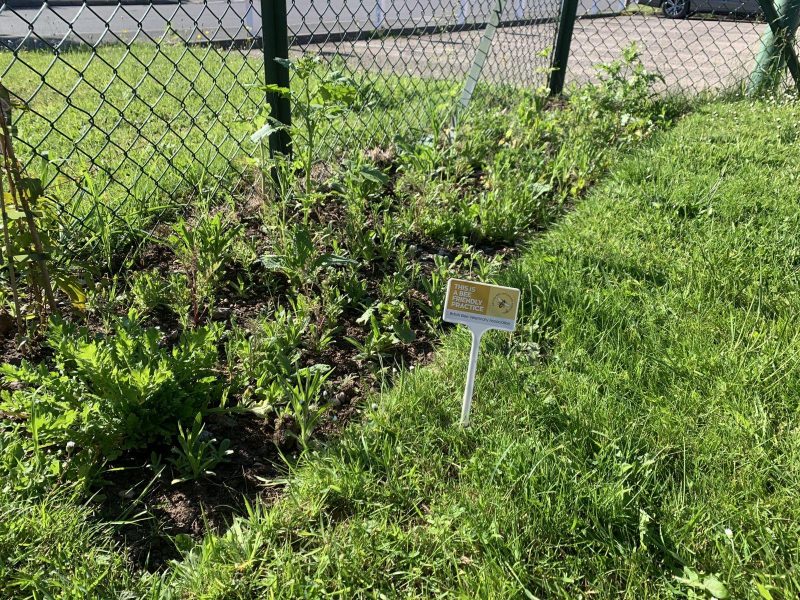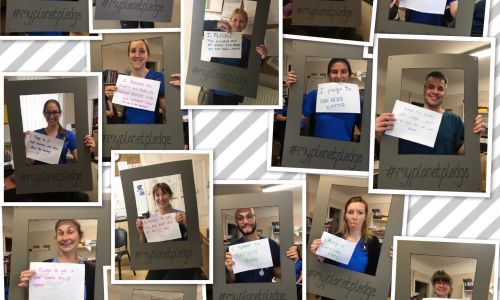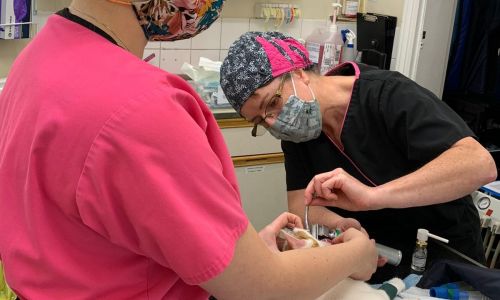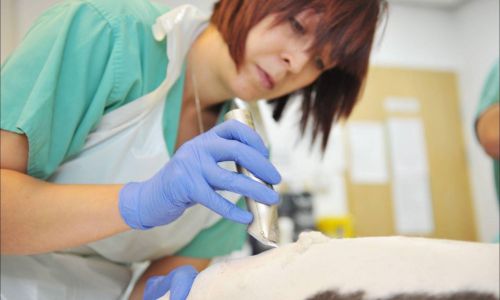Case Study: Quarry Vets, Shrewsbury
“The veterinary profession is caring by nature, so looking after the environment is a natural extension of looking after pets, animals and wildlife.”
Charlie Hertel
My first year of work as a vet was disrupted unexpectedly due to Covid-19. This affected the environment in both positive and negative ways. Travel was significantly reduced therefore air quality improved, greenhouse gas emissions reduced, and it also lessened water and noise pollution. However, the down side is that there has been a huge increase in medical waste, particularly due to the use of PPE including masks, gloves and aprons which, within the veterinary industry, we contribute to hugely.
I therefore felt it was important to make changes both in my life at home and also at work. Veterinary practices produce a considerable amount of waste due to single-use plastics, even pre-Covid, so it is essential that we take responsibility for our impact on the environment and do as much as we can to protect it.
“The veterinary profession is caring by nature, so looking after the environment is a natural extension of looking after pets, animals and wildlife.”
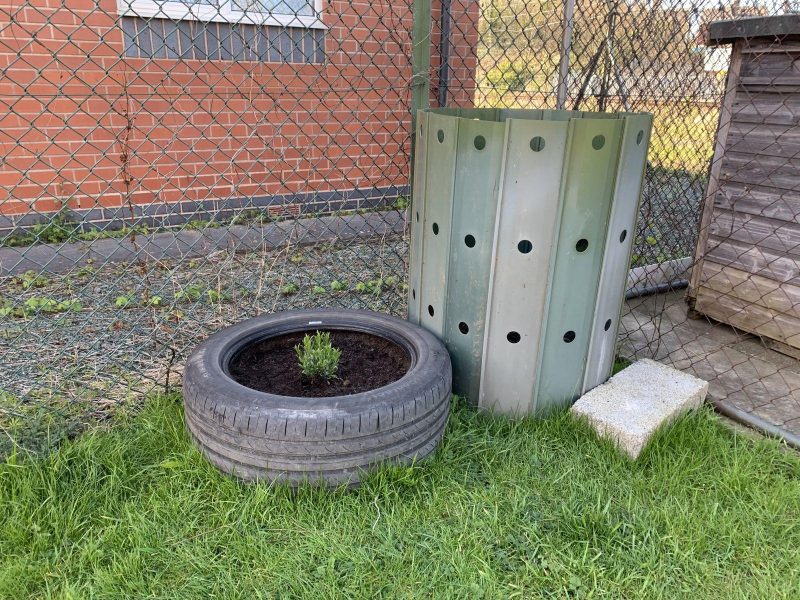
Photo Credit: Quarry Vets
Green Group
Quarry firstly formed a ‘green group’ of similarly minded people within the practice to help promote the work that we have been doing and to encourage other members of staff to get involved.
Although we already had recycling bins stationed around the practice and these were being used frequently, I noticed quite a lot of unnecessary paper use. We introduced some simple steps to help this: we now laminate our in-house blood forms and urinalysis sheets which can be wiped and reused. Unfortunately, we still get through a lot of paper for anaesthetic monitoring charts, hospitalisation sheets and also discharge instructions for animals post-operatively. Therefore, all of our paper is FSC approved and always gets recycled after use. I also have plans to reduce paper usage further by e-mailing discharge and post-op information to clients where possible.
Other changes within the practice include collecting used plastic drip lines, which we chop into small pieces and use as non-absorbent cat litter to collect urine samples. This saves clients money buying cat litter, re-uses plastic that is otherwise single-use and also reduces our plastic consumption, as we are not buying in non-absorbent litter.
“One of the staff’s favourite changes has been having our milk delivered in glass bottles by the milkman - fresh milk and less plastic waste is a win-win.”
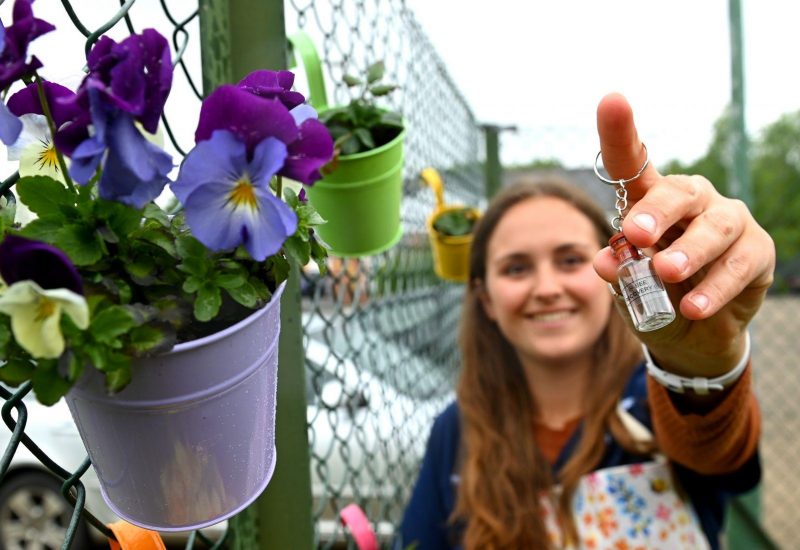
Photo Credit: Quarry Vets
Wildlife garden
Most of our work has taken place in our lovely garden, which is now visited by many birds including black birds, great tits, dunnocks and robins to name just a few. We have plenty of bird feeders and even a bird table that was kindly made and donated by a client. As well as looking after the birds, we have bug houses and a wildflower border which has earned us our Bee Friendly Accreditation. The garden is also home to our compost bin, where food waste, tea bags, grass cuttings, fur clippings and shredded paper is placed - this hugely reduces the amount of waste we send to landfill.
“In order to raise money to keep our garden wildlife-friendly, vaccine vials are repurposed into keyrings that can either have fur clippings placed inside to remember a pet or contain sugar water that can be used in an emergency for a bee in need of saving.”
Our goals for the future are to achieve our Bronze Investors in the Environment accreditation and therefore reduce our carbon footprint, alongside continuing to reduce our plastic and paper consumption.
If you would like to get your practice involved in embracing sustainability, here are my top tips:
- Create a group of like-minded people within the practice, who are keen to promote sustainable practice;
- Make changes easy to follow and start slowly to encourage other staff members to get on board;
- Set monthly goals to keep people motivated and review your progress.
